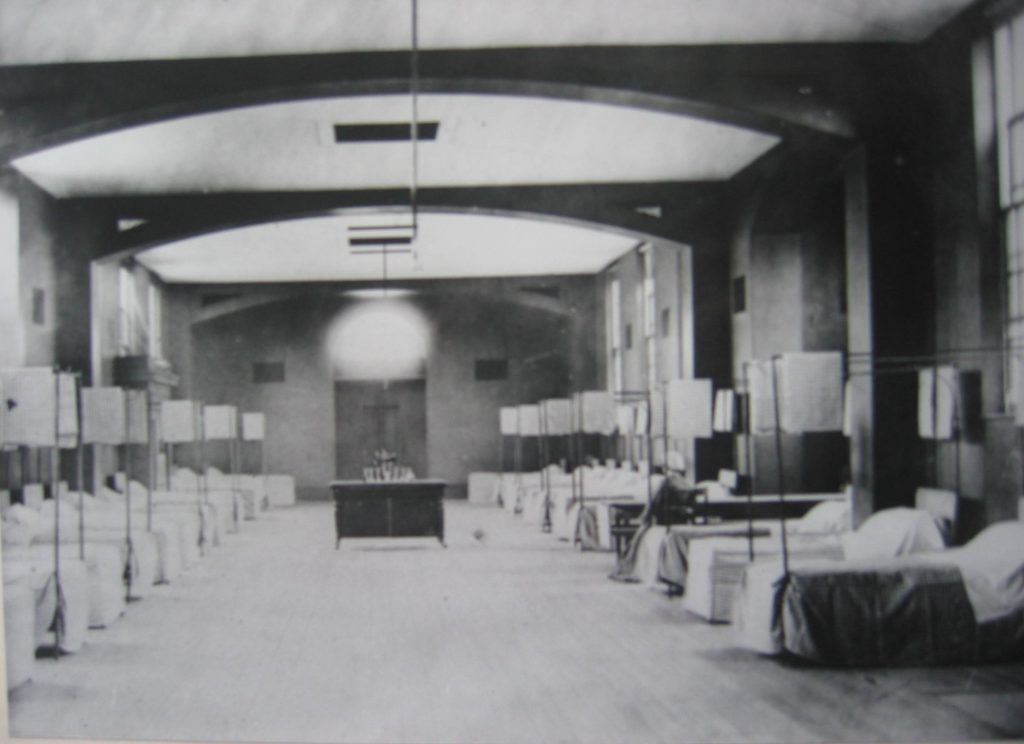Cath Noakes, an expert on ventilation and Covid talking on Life Scientific today on BBc Radio 4 (https://www.bbc.co.uk/programmes/m000rcnl) reported on experiments using a Nightingale Ward design and found it was likely to cut down the spread of infection by 4 times.
This was by
1. use of high ceilings
2. Big Windows that could open top and bottom
3. Radiators with ventilation grills behind them
She noted that most Florence Nightingale wards have since been modernised with low ceilings, smaller sealed windows and radiators replaced.
Her message was that ventilation is, with distance, one of the best ways of cutting the spread of infection.
Here is an image of Dorcas Ward st St Thomas’s Hospital, London.

Discover more from And Did Those Feet
Subscribe to get the latest posts sent to your email.

Nightingale wards seem more practical for safer and improved nursing care: natural light, ventilation, patient visibility with reduced staff numbers, higher ceilings give the impression of less cramped patient areas and less noise due to the higher ceilings. I completed a placement in a nightingale ward, I believe the only one left in the Trust. If it was still open I would try to work there as it would improve my well being as well as care for patients, the key objective of any nurse.